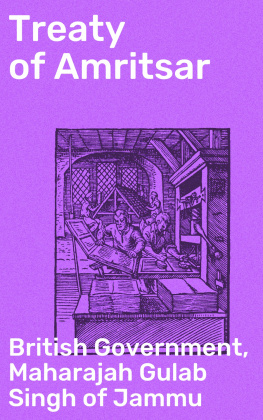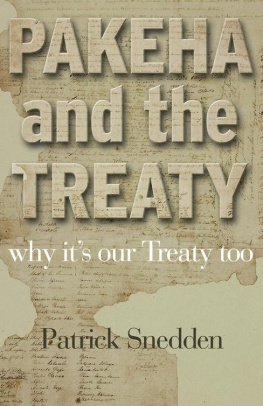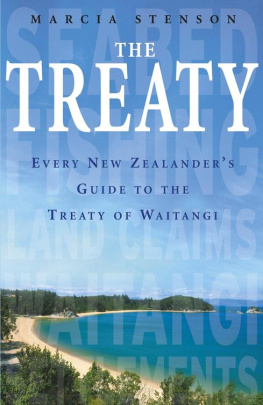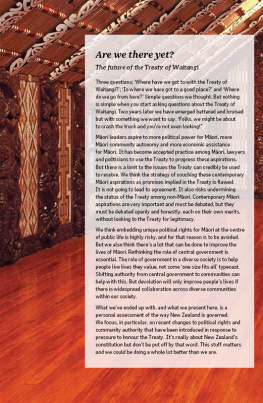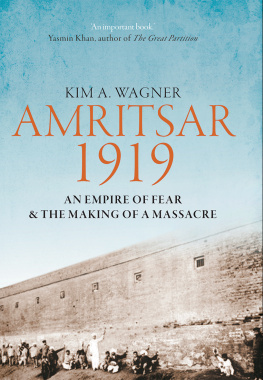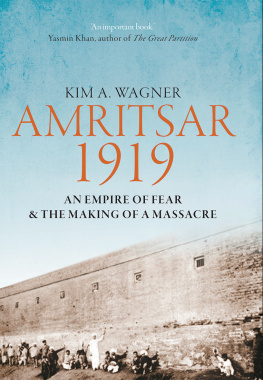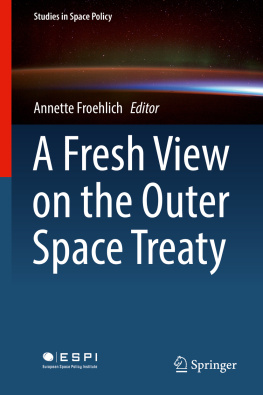The text of the treaty
Table of Contents
The treaty between the British Government on the one part and Maharajah Gulab Singh of Jammu on the other concluded on the part of the British Government by Frederick Currie, Esq. and Brevet-Major Henry Montgomery Lawrence, acting under the orders of the Rt. Hon. Sir Henry Hardinge, G.C.B., one of her Britannic Majesty's most Honorable Privy Council, Governor-General of the possessions of the East India Company, to direct and control all the affairs in the East Indies and by Maharajah Gulab Singh in person - 1846.
Article 1 The British Government transfers and makes over for ever in independent possession to Maharajah Gulab Singh and the heirs male of his body all the hilly or mountainous country with its dependencies situated to the eastward of the River Indus and the westward of the River Ravi including Chamba and excluding Lahol, being part of the territories ceded to the British Government by the Lahore State according to the provisions of Article IV of the Treaty of Lahore, dated 9th March, 1846.
Article 2 The eastern boundary of the tract transferred by the foregoing article to Maharajah Gulab Singh shall be laid down by the Commissioners appointed by the British Government and Maharajah Gulab Singh respectively for that purpose and shall be defined in a separate engagement after survey.
Article 3 In consideration of the transfer made to him and his heirs by the provisions of the foregoing article Maharajah Gulab Singh will pay to the British Government the sum of seventy-five lakhs of rupees (Nanukshahee), fifty lakhs to be paid on or before the 1st October of the current year, A.D., 1846.
Article 4 The limits of territories of Maharajah Gulab Singh shall not be at any time changed without concurrence of the British Government.
Article 5 Maharajah Gulab Singh will refer to the arbitration of the British Government any disputes or question that may arise between himself and the Government of Lahore or any other neighboring State, and will abide by the decision of the British Government.
Article 6 Maharajah Gulab Singh engages for himself and heirs to join, with the whole of his Military Forces, the British troops when employed within the hills or in the territories adjoining his possessions.
Article 7 Maharajah Gulab Singh engages never to take to retain in his service any British subject nor the subject of any European or American State without the consent of the British Governnent.
Article 8 Maharajah Gulab Singh engages to respect in regard to the territory transferred to him, the provisions of Articles V, VI and VII of the separate Engagement between the British Government and the Lahore Durbar, dated 11th March, 1846.
Article 9 The British Government will give its aid to Maharajah Gulab Singh in protecting his territories from external enemies.
Article 10 Maharajah Gulab Singh acknowledges the supremacy of the British Government and will in token of such supremacy present annually to the British Government one horse, twelve shawl goats of approved breed (six male and six female) and three pairs of Cashmere shawls. This Treaty of ten articles has been this day settled by Frederick Currie, Esq. and Brever-Major Henry Montgomery Lawrence, acting under directions of the Rt. Hon. Sir Henry Hardinge, Governor-General, on the part of the British Government and by Maharajah Gulab Singh in person, and the said Treaty has been this day ratified by the seal of the Rt. Hon. Sir Henry Hardinge, Governor-General. Done at Amritsar the sixteenth day of March, in the year of our Lord one thousand eight hundred and forty-six, corresponding with the seventeenth day of Rubee-ul-Awal (1262 Hijri).
(Signed) H. Hardinge (Seal) (Signed) F. Currie (Signed) H. M. Lawrence
Letter of Governor-General to Gulab Singh. January 7, 1848
Table of Contents
{Extract) Your Highness is aware of the principle by which the British Government is guided in its treaties with Eastern Princies where cessions of territory are involved that whilst it will scrupulously fulfill all its obligations for the protection of its ally, it never can consent to incur the reproach of becoming indirectly instrument of the oppression of the people committed to the Prince's charge. If the aversion of the people to a Prince's rule should by his injustice become so miserable as to cause the people to seek his downfall, the British Government are bound by no obligation to force the people to submit to a ruler who has derived himself of their allegiance by his misconduct. In no case, will the British Government be the blind instrument of a Ruler's injustice towards his people and if in spite of friendly warnings, the evil of which the British Government may have just cause to complain be not corrected, a system of direct interference must be resorted to which as Your Highness must be aware would lower the dignity and curtail the independence of the Ruler.
Lawrence to Jawala Sahai. January 14, 1852
Table of Contents
(Extract) On account of certain excesses committed by some European Visitors in the past year, I intend to appoint some responsible European official at Srinagar to stay there till the return of the said visitors in order that he may put a stop to the occurance of such excesses. As the Maharaja is well acquainted with the good intentions and sociability of Major MacGregor, I wish he may be allowed to stay at Srinagar till the end of the hot season to supervise the conduct of European visitors to Kashmir. As this arrangement is also for the benefit of High Highness, it is hoped that it will be gladly accepted by High Highness.
Governor-General to Gulab Singh. September 26, 1873
Table of Contents
(Extract) In view of the important position of Your Highness's territories on the north-western frontiers of British India, the increasing importance attached to political affairs in Central Asia, the necessity of obtaining early and reliable information of all that takes place beyond the Himalayan passes, the mischief caused by the circulation of false and exaggerated rumours from those quarters, and the close relations which will, His Excellency in Council trusts. be established with Yarkand, it appears to His Excellency in Council to be advisible that a British Resident should remain permanently at the Court of Your Highness. This alteration of the present arrangements is made for reasons relating to the external relations of British India, and the Viceroy has no intention of interfering more than heretofore in the internal affairs of Kashmere.
Officer n Special Duty to Foreign Secretary. December 9, 1882
Table of Contents
(Extract) It may not be worth while to alter the designation of the Officer on Special Duty, though his present designation is cumbrous and absurd. His duties are not special but the ordinary duties of an Agent or a 'Charge d'Affairs'. But there is no magic in the word 'Resident'. Whatever the Maharaja may think, and I am not aware that the powers of a Resident as such are anywhere strictly defined, they would probably vary with the degree of control exercised by the Paramount power. I myself am of the opinion that 'Agent to the Governor-General' would be more appropriate designation and one less likely to terrify the Maharaja and as High Highness has a Vakil or Agent with the Governor-General he would hardly be astonished that the Governor-General should have a Vakil or Agent with him. No matter what the Officer is called, his position should be strengthened, in justice to him and to the Darbar.


